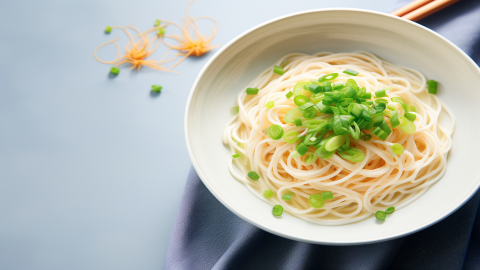Can people with cholecystitis eat noodles?
Generally speaking, whether patients with cholecystitis can eat noodles depends on the specific stage and severity of their condition. If discomfort occurs, it is recommended to seek medical attention promptly. The detailed analysis is as follows:

During an acute episode of cholecystitis, patients often experience severe abdominal pain, nausea, vomiting, and other symptoms. Digestive function is significantly weakened at this time, so eating noodles is not advisable. Although noodles are a staple food, they still require digestive fluids for breakdown, which may increase the burden on gallbladder contraction and worsen symptoms. In this phase, patients should follow medical advice and consume light liquid or semi-liquid foods to reduce digestive strain.
Once the condition enters the remission phase and symptoms such as abdominal pain and bloating have largely subsided, with gradual recovery of digestive function, patients may begin to eat small amounts of noodles. Thin noodles cooked in clear broth are recommended, avoiding greasy soup bases or toppings. Intake should be controlled, ensuring no discomfort occurs, so as to provide energy without increasing the burden on the gallbladder.
When eating noodles, cooking methods should remain light—avoid frying or stir-frying with excessive oil. Do not add spicy or high-fat ingredients such as fatty meats or chili oil. Monitor your body's response after eating; discontinue immediately if any discomfort arises. Additionally, maintain regular eating habits and avoid overeating to support long-term gallbladder health.




